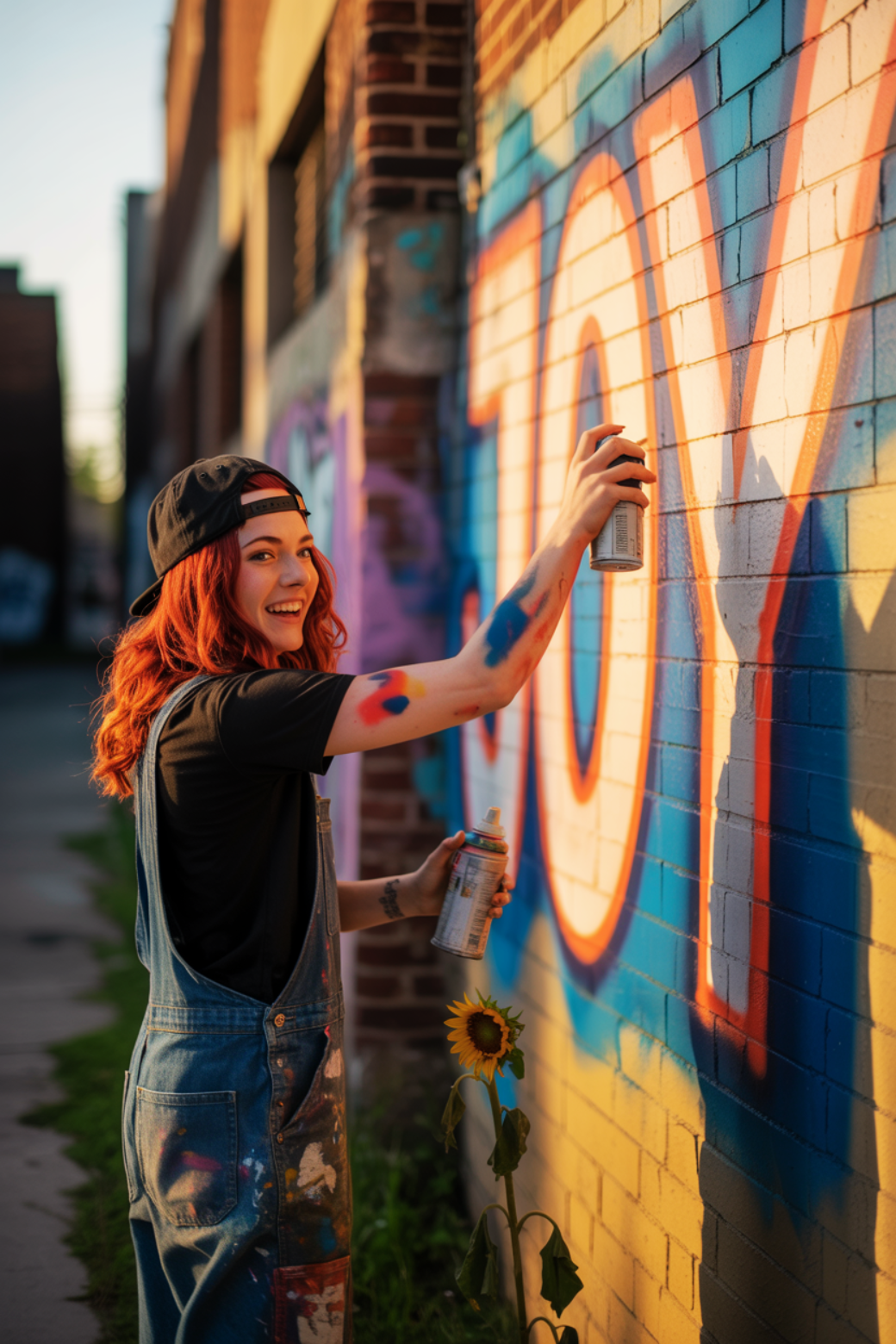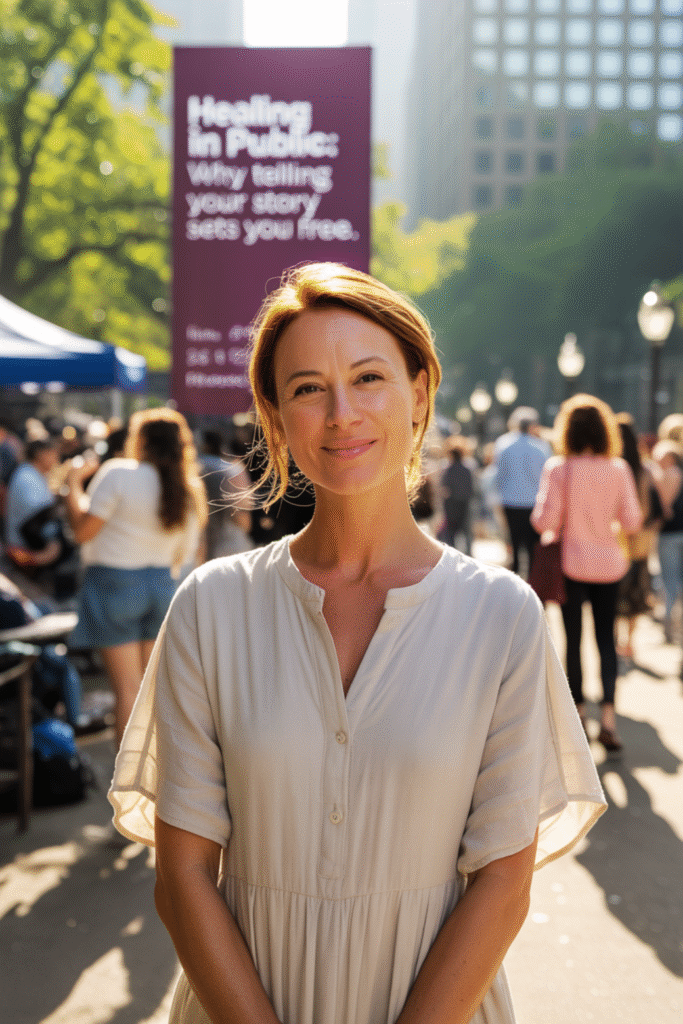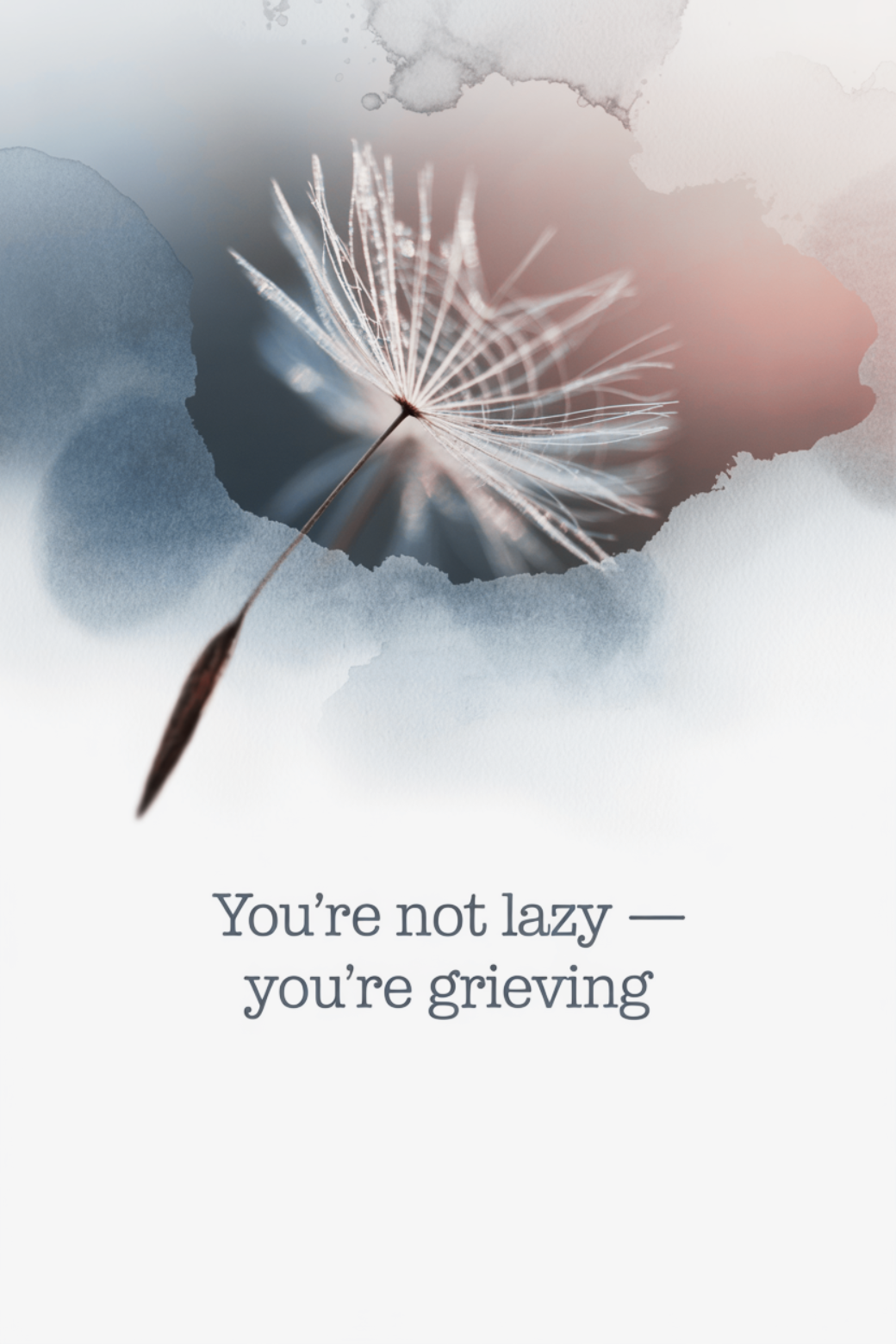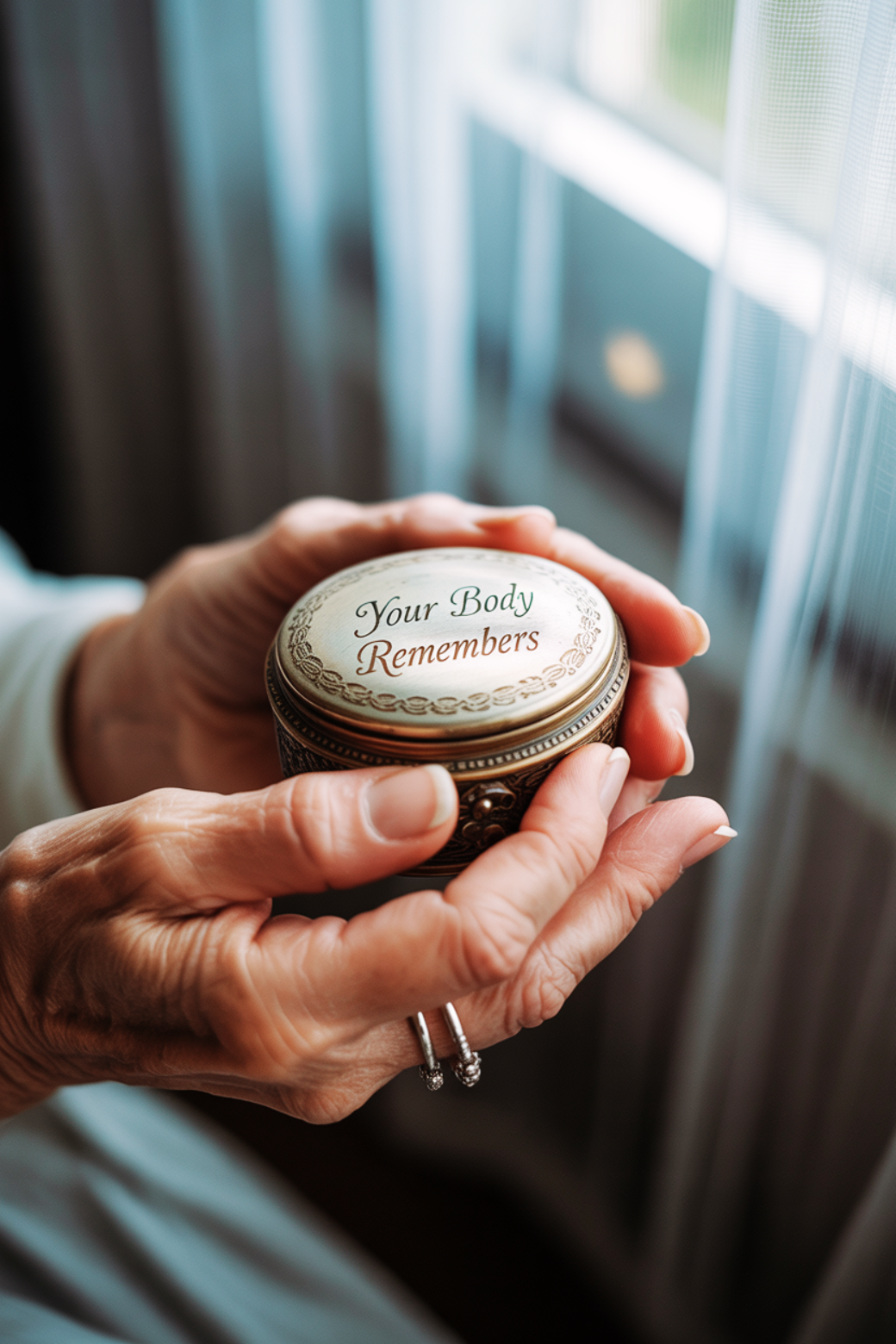Now Reading: Joy as Rebellion: How I Reclaimed Pleasure Without Guilt
- 01
Joy as Rebellion: How I Reclaimed Pleasure Without Guilt

Joy as Rebellion: How I Reclaimed Pleasure Without Guilt
💥 Joy Isn’t a Luxury
When you’re healing from narcissistic abuse, joy often feels… dangerous. Too big. Too loud. Too much. Like a risk you can’t afford.
“If I laugh, am I minimizing what happened?”
“If I feel happy, will they think they didn’t hurt me?”
“Do I even deserve joy after everything?”
Let’s burn that guilt to the ground right now: Joy is not betrayal. Joy is defiance.
In this article, I’ll break down:
- Why joy feels unsafe after abuse
- How narcissists weaponize your joy
- 7 ways I reclaimed pleasure, step by tiny step
- Tools to help you reconnect with joy — on your own terms
This isn’t just about feeling better. It’s about taking back what they tried to steal.
😔 Why Joy Feels Unsafe After Narcissistic Abuse
Let’s call it what it is: narcissists train you to be afraid of joy.
- They punished you when you were happy without them
- They mocked or minimized your excitement
- They made you earn every drop of peace — and then took it back
- They called you selfish when you chose yourself
Over time, your brain made a quiet deal:
If I stay small, maybe I’ll stay safe.
So you stopped dancing. Stopped creating. Stopped resting. Stopped laughing.
Joy became risky. Pleasure became a guilt trip.
But now? You’re in recovery. The contract is void.
🧠 The Science: Why You “Forget” How to Feel Good
Trauma changes brain function. You literally forget how to recognize — and trust — pleasure.
Your dopamine and serotonin systems take a hit. Your amygdala (threat center) goes into overdrive. Your prefrontal cortex (logic, calm, play) gets sidelined.
This is why survivors say things like:
“I don’t even know what makes me happy anymore.”
“Fun feels fake.”
“I feel numb even when things are going well.”
Here’s the good news: that wiring isn’t permanent. Joy is neuroplastic.
You can relearn how to feel good — and trust it.
🔓 The First Time I Laughed Again (And It Scared the Hell Out of Me)
It was a dumb TikTok. A cat knocked over a vase and looked personally offended by gravity.
And I laughed. Like, full-belly, uncontrollable laughed.
And then — I cried.
Because for the first time in months, my body remembered what safety felt like.
Joy after trauma is complicated. It’s beautiful. It’s grief-lined. And it’s a sign of healing.
🎯 7 Ways I Reclaimed Joy (Without Guilt or Apology)
1.
Pleasure Mapping
I made a list of every tiny thing that used to bring me joy — pre-abuse.
Not what I “should” like. What actually lit me up.
Mine looked like:
- Coloring (yes, adult coloring books are elite)
- Hot coffee in a real mug, not a travel one
- ’90s R&B playlists
- Walking barefoot on grass
- Playing the DGX-260 piano just for me
- Silly memes
- Watching baking competitions with zero shame
Then, I tried one thing a day — no pressure to enjoy it. Just curiosity.
2.
Stop Justifying Joy
I used to attach disclaimers to everything I enjoyed:
“I earned this because I worked hard.”
“I need this break or I’ll burn out.”
“I know it’s dumb but…”
No more. Joy doesn’t need a reason. You don’t have to earn rest, pleasure, or delight.
New rule: If it doesn’t harm me or someone else? I don’t justify it.
3.
Laugh Like Nobody’s Watching (Because They’re Not)
Laughter is free regulation. It literally resets your nervous system.
But I hadn’t genuinely laughed in forever. I was waiting for “permission.”
So I made a joy list:
- Comedy podcasts
- Stand-up specials
- Rewatching trash TV from my teen years
- Sending ridiculous memes to my best friend
I laughed. Then I panicked. Then I laughed again. That’s trauma recovery, baby.
4.
Let Music Move You
When words failed, music saved me. Sometimes I needed rage. Sometimes softness. Sometimes pure, unapologetic vibe.
My tools of joy:
- 🎹 DGX-260 keyboard — low-pressure playtime
- 🥁 Alesis Strike Pro kit — rage release through rhythm
- 🎧 Headphones + zero interruptions = portal to peace
Music bypasses the thinking brain and goes straight to the soul.
5.
Buy Yourself the Some Flowers
Not metaphorically. Literally.
I bought them because they were pretty. Not for a holiday. Not for someone else.
That was radical joy.
For years I’d been trained to see gifts as transactional. Now? I became my own source of delight.
6.
Safe Joy Spaces
Narcissistic abuse often makes pleasure feel performative. You’re always being watched, judged, baited.
So I created safe joy spaces:
- No phones
- No mirrors
- No audience
Just me. Music on. Lighting soft. Weighted blanket or infrared sauna if I needed grounding.
Joy became private. Sacred. Mine.
7.
Joy Journaling (Yes, It’s a Thing)
Before bed, I started writing down:
- 1 thing that made me smile
- 1 thing I enjoyed doing today
- 1 moment I felt peace
Not gratitude. Not pressure. Just joy spotting.
It trained my brain to look for delight instead of danger.
🙌 What Happens When You Reclaim Joy
You start feeling more like you.
Not the hypervigilant version. Not the fawning version. Not the version built to survive them.
But the version built to thrive — because joy makes you whole again.
Here’s what changed for me:
- I stopped associating joy with fear
- I trusted my body more
- I had more emotional capacity to handle triggers
- I remembered what I like — not what I was allowed to like
And that changed everything.
📓 Joy Reclamation Prompt
Use this in your journal or IMC Method™ template:
- What did I enjoy as a child, before shame was introduced?
- What feels good to me that I’ve been afraid to do again?
- What’s one small joy I can give myself today — just because?
- What does guilt try to tell me when I’m happy?
- What’s my rebuttal to that guilt? (Write it out. Speak it loud.)
✊ Joy Is Resistance
They wanted to take your light. Your laughter. Your softness. Your silliness. Your celebration.
Reclaiming joy after abuse isn’t weakness. It’s war paint.
It says:
“You don’t get to keep my happiness. I do.”
So buy the flowers. Laugh too loud. Paint badly. Sing off-key. Take up space.
Let your healing be loud, vibrant, and unapologetically joyful.
Because your joy?
Is a rebellion. And you? Are winning.















